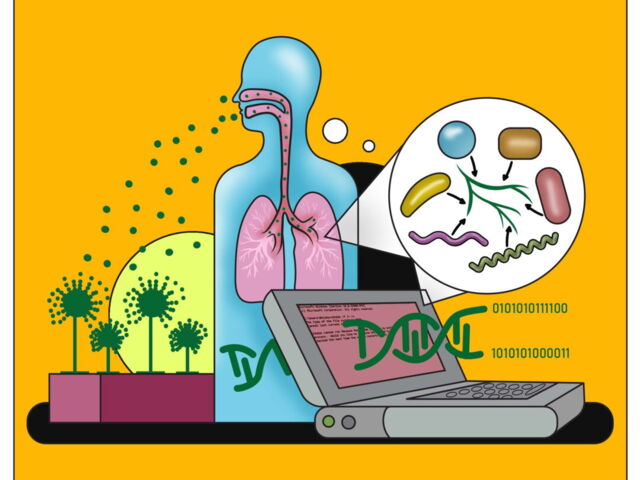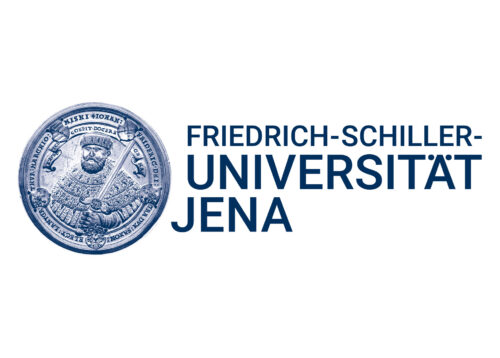
Balance of the Microverse


The interactions of complex microbial communities with each other, with higher organisms and with the abiotic environment determine the functioning of ecosystems, our climate and the well-being of all organisms.
The balance of microbial consortia with other organismic partners and the environment is critical for the functioning of all ecosystems, climate stability, sustainable agriculture, and the well-being of plants, animals and humans. We define a Microverse as functionally interacting or spatially coexisting microbial consortia. Anthropogenic impact or infectious microorganisms can dramatically dysbalance a Microverse resulting in the deterioration of ecosystems, weather extremes, severe crop losses or disease. Targeted interventions aim to restore the original state or establish alternative states of balance. Typically, we attempt to remedy non-functional systems by treating the symptoms, because the molecular mechanisms leading to a microbial balance are largely unknown.
The Microverse Cluster addresses this shortcoming by answering the following research questions: What defines the dynamics of microbial balance? Which factors disturb the equilibrium, and how is re-balancing attained? How can we shape and control microbial consortia to create beneficial impact?
We combine our expertise in microbiology, chemical biology, infection biology, optics/photonics, materials science and bioinformatics/systems biology at the university and non-university institutes. The Microverse Cluster activates the synergistic potential of four Collaborative Research Centers, an Excellence Graduate School and additional high-ranking coordinated research programs. This is further complemented by our industry partners.
The Microverse Cluster is organized into three Research Areas:
- Microverse of the Environment
- Microverse of the Host
- Data Synopsis and Microverse Imaging Center
These Research Areas address the orchestration of microbial balance on multiple levels by chemical signals, host factors, spatial demand, metabolic fluxes and genetic exchange. The cross-system comparisons and mining of data from diverse settings such as infection of human and plant hosts, confined and unconfined aqueous environments as well as synthetic microbial communities will lead to the identification of general principles.
A new building providing space for an existing and new professorships and junior research groups forms a center of gravity, facilitating scientific exchange and integrating international guests. It is also home to a Microverse Imaging Center with state-of-the-art biophotonics technologies and dedicated facilities for prototype development and field applications.
By learning from nature, the Microverse Cluster offers innovative solutions for fighting disease and environmental dysbalance.
Involved Institutions:
- Fraunhofer-Institut für Angewandte Optik und Feinmechanik (IOF)
- Helmholtz-Institut Jena; Deutsches Zentrum für Luft- und Raumfahrt (DLR) – Institut für Datenwissenschaften
- Leibniz-Institut für Naturstoff-Forschung und Infektionsbiologie e. V. Hans-Knöll-Institut (HKI)
- Leibniz-Institut für Photonische Technologien e.V. (IPHT)
- Max-Planck-Institut für Biogeochemie (MPI-BGC)
- Max-Planck-Institut für Chemische Ökologie Beutenberg Campus
- Max-Planck-Institut für Geoanthropologie
- Universitätsklinikum Jena
Podcast on the Cluster of Excellence
Click on the button to load the content from Podigee.


